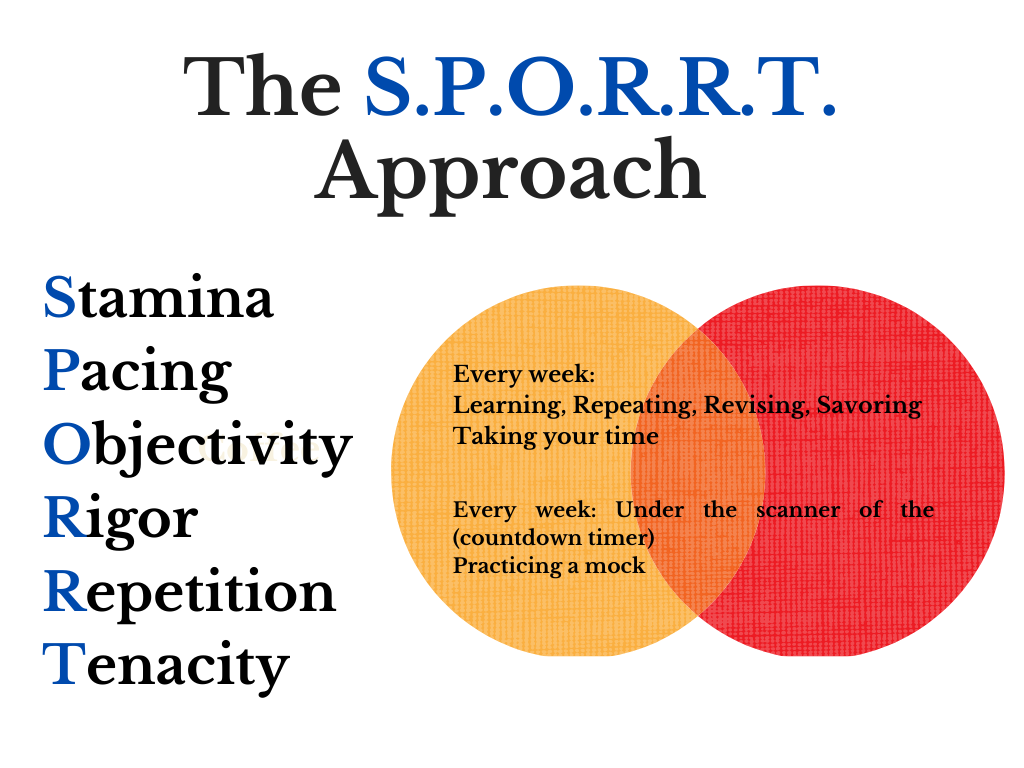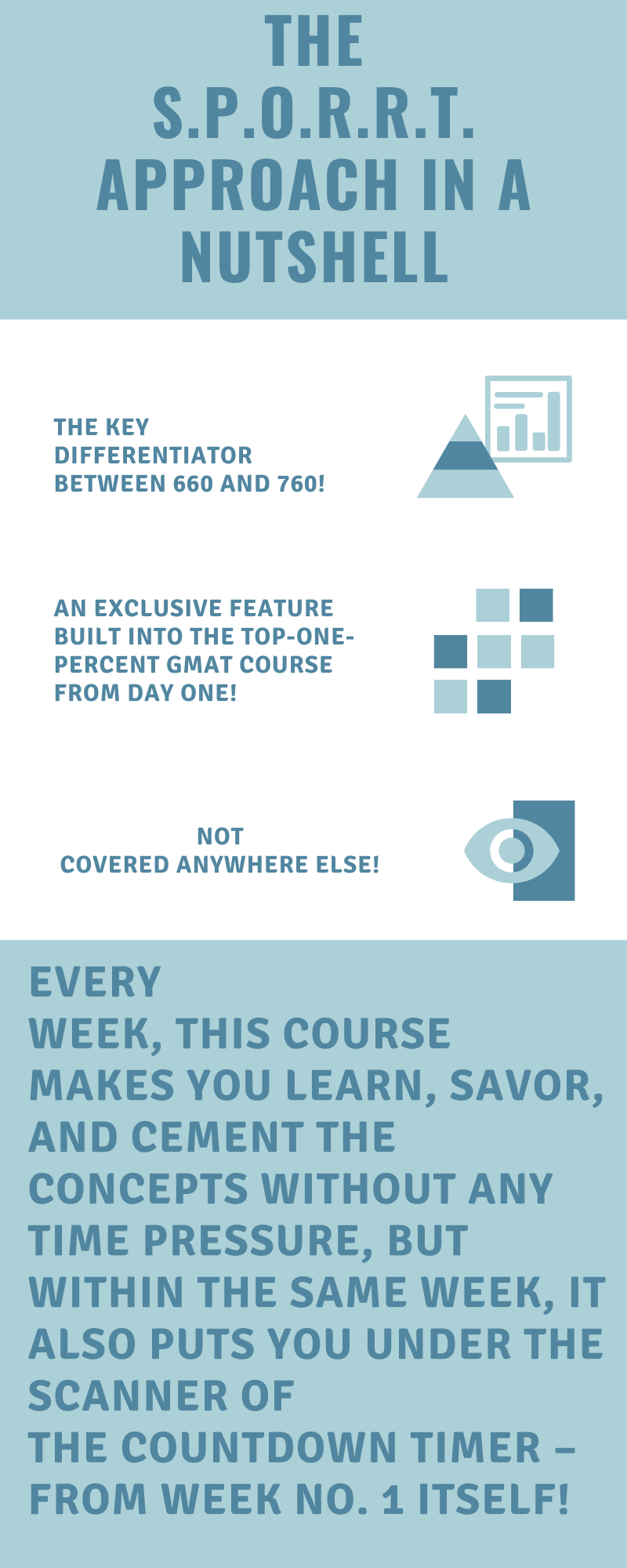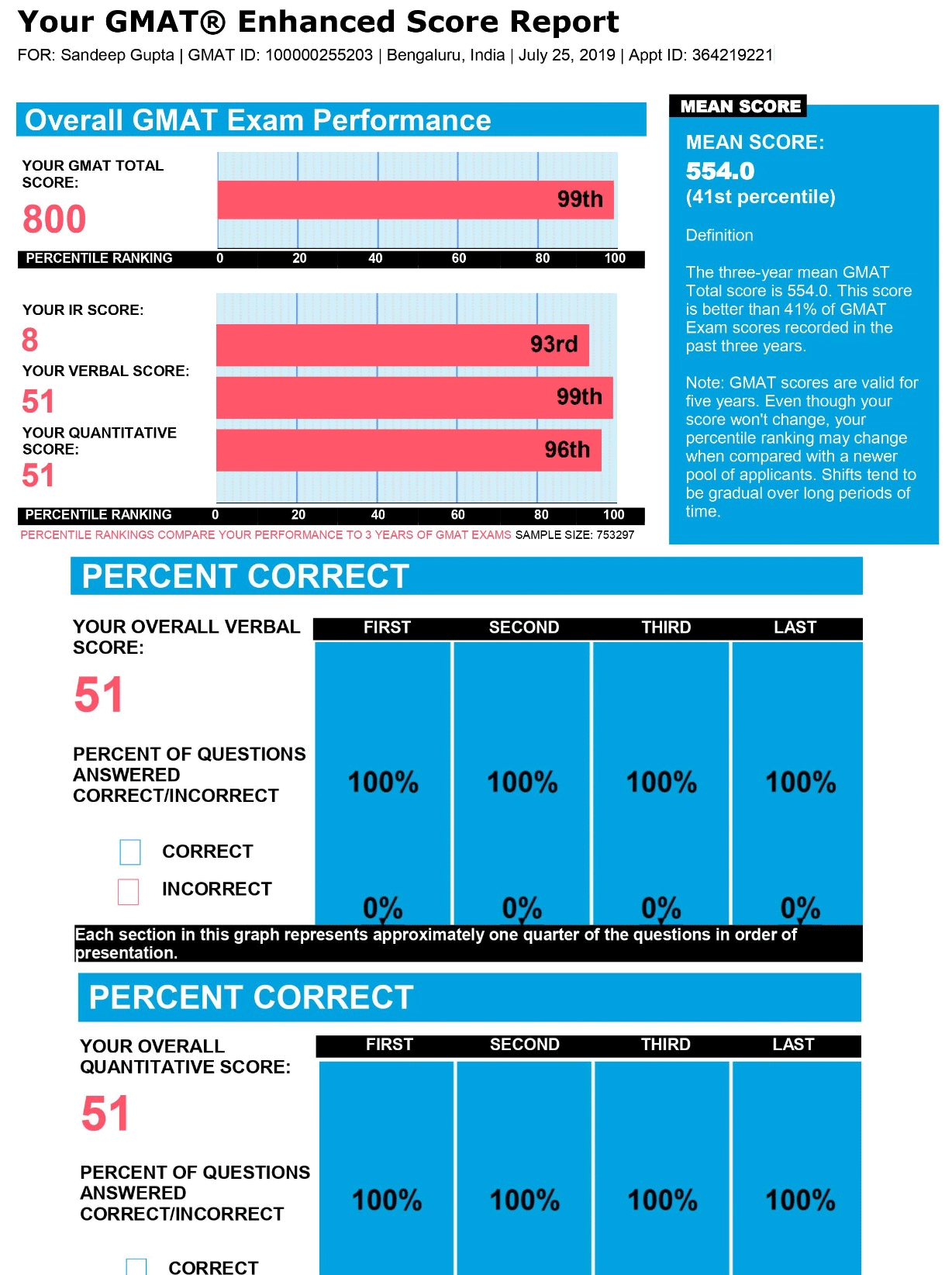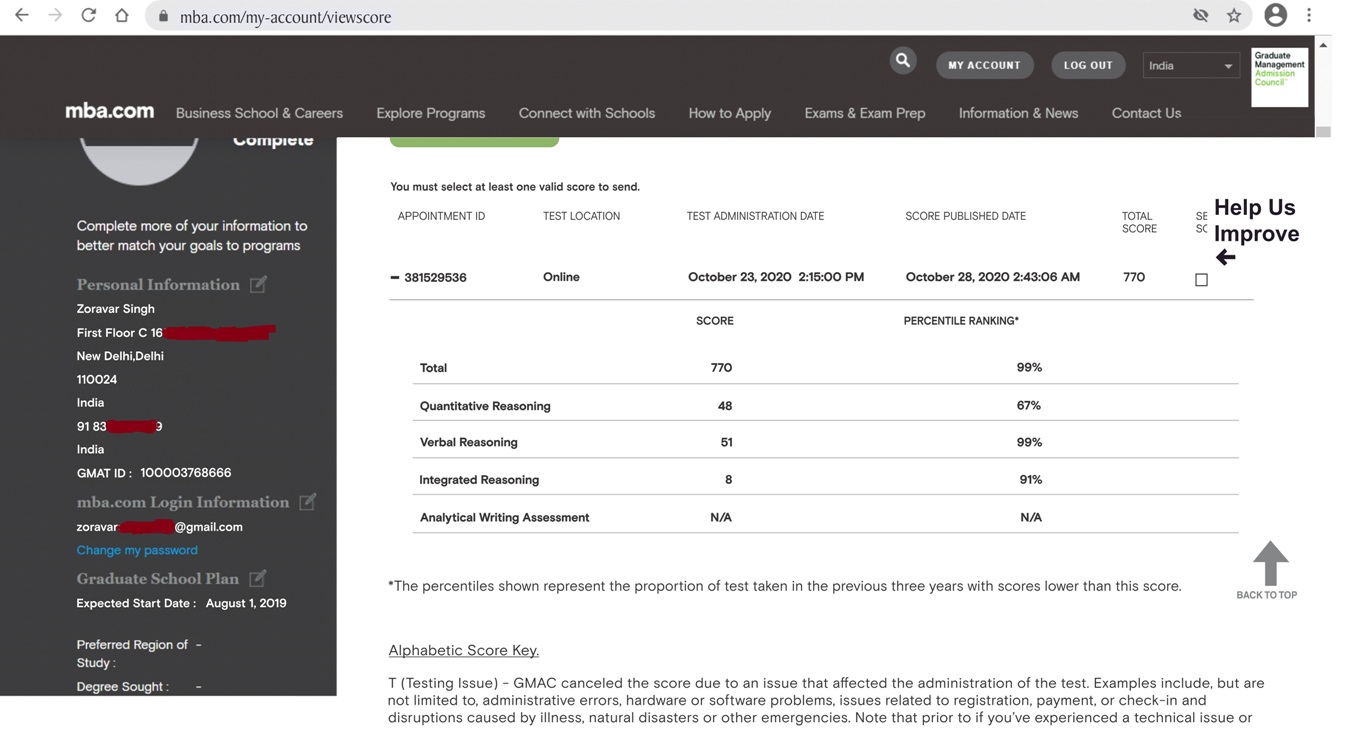The recent GMAT test takers
Not in my wildest dream i thought i would get a 760. That word 760 just somehow got stuck in my head.
The tips that he gave me - it would be an understatement if i say that it helped me get a score. In fact the tips Sandeep sir gave me is the only reason i got the 760 score.
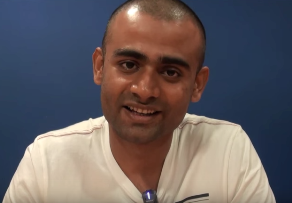
Abhishek Jha
GMAT 760
The reason I chose Sandeep is that the fact that he wanted us to be the best and not just aim to get that average score. I liked all of his methodology because honestly, I come from a mathematical background and I like the way he had broken the verbal section into a mathematical algorithm. It was super easy and straightforward on the verbal side

Puja Gorai
Wharton School of Business
GMAT 740
Sandeep had charted out plan that covered all the topics that GMAT expects of you. The biggest difference I found with Sandeep sir is the attitude, the support and the kind of support he gave me. I took online pre recorded classes. Anytime I had a doubt I could reach out to him and he never took more than 5 minutes to respond to me.
You can close close your eyes and believe that this is all you need to study. I did not go beyond what was provided to me.

Aishwarya Kamraj
GMAT 750 in 45 days
